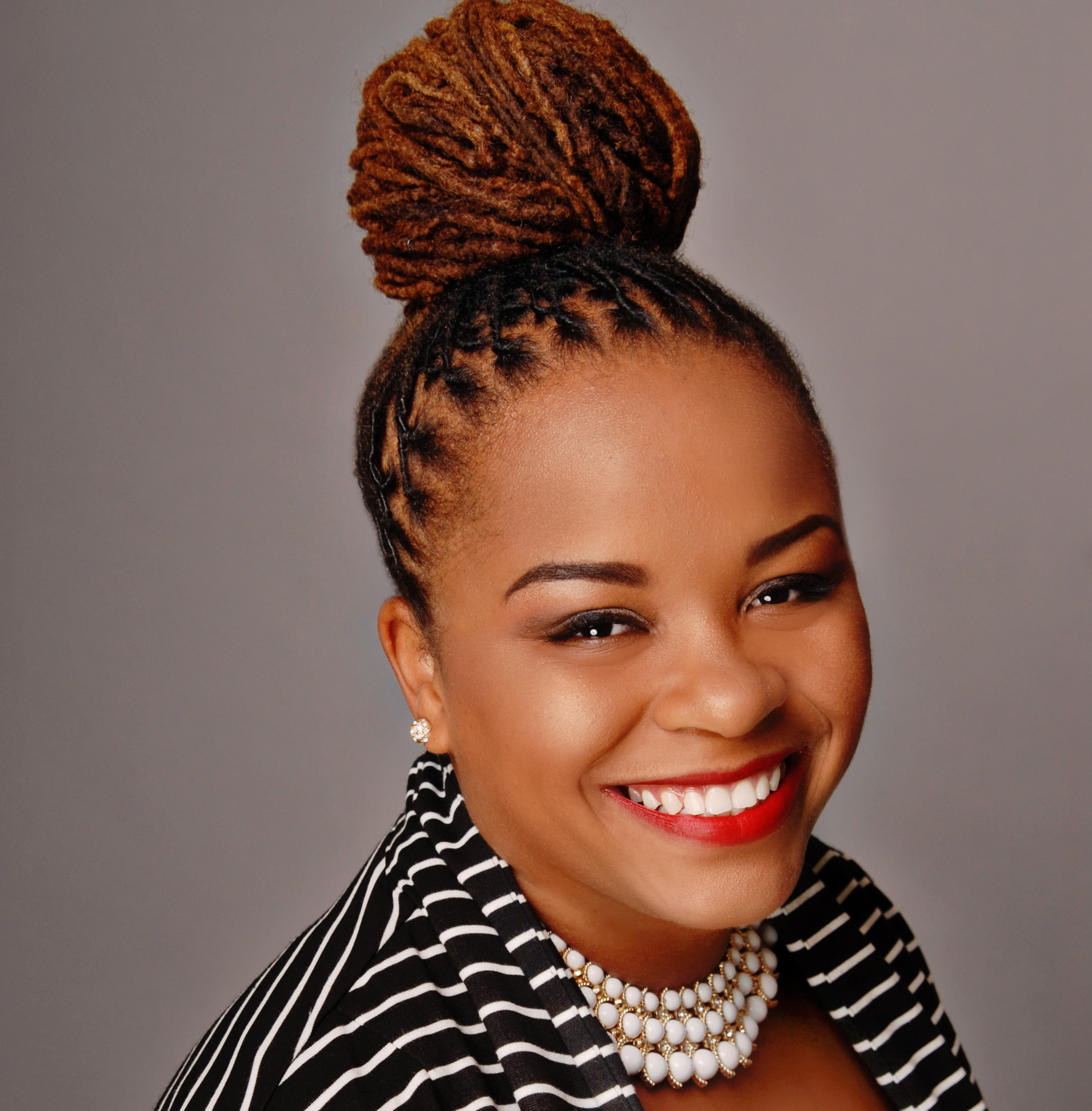 Minister Brandon J. Perkins, M.A. is a native of Nashville, TN and a proud Fisk University alumnus. Perkins is currently a student at Columbia Theological Seminary in Decatur, GA, pursuing a Master of Divinity and Master of Arts in Practical Theology. His academic writings highlight the work and challenges within urban education and how the Church can make a faithful response to these issues. Follow him on Twitter at @ThePreacherPerk.
Minister Brandon J. Perkins, M.A. is a native of Nashville, TN and a proud Fisk University alumnus. Perkins is currently a student at Columbia Theological Seminary in Decatur, GA, pursuing a Master of Divinity and Master of Arts in Practical Theology. His academic writings highlight the work and challenges within urban education and how the Church can make a faithful response to these issues. Follow him on Twitter at @ThePreacherPerk.
by Minister Brandon J. Perkins, M.A.
The Israelites wept for Moses in the plains of Moab for thirty days, Deuteronomy 34:8a
After the death of Moses, the servant of the Lord, the Lord spoke to Joshua son of Nun. Joshua 1:1a
It was a scene with which, I was all too familiar. I entered and saw sun-kissed men and women, children and seniors, who’d assembled from the North, South, East and West. Thomas Dorsey’s Precious Lord rang in my ears as the choir sang. The pallbearers carried the casket as sorrow marked their footsteps. Their heavy load was placed in the center of the assembly. Each silent prayer muttered was louder than the former. Asking, “Why God? Why now?”
The cacophony of the assembly was balanced with the heaviness of lifelessness. These were a people who knew what it meant to struggle. They knew what it was to suffer abuse and mistreatment. They understood what it meant to be labeled 5/8 of a man. Yet, on this day, faces that were often highlighted with joy, in spite of, were void of the former. Their faces, much like their feelings, were empty.
From this void, light shone through. An elderly woman in the back of the assembly stood to share her grandmother’s story of slavery and sexual abuse but her work brought awareness to a woman’s plight . The man next to me stood and said, “My father was treated like a second-class citizen, until his works throughout history illuminated the pathway of his mind.” A grandmother holding tight to her granddaughter’s hand said, “I thought this child would never know equality as a woman, but she’s used her voice for us.” A teenaged boy proudly stood and shared his reason for voting: to lead the masses to social renewal.
As these testimonies flowed, there was a renewal in the room. The renewal one feels after basking in the sun after a heavy rain. But my head still hung heavy and tears fell from my eyes. “Has hope left us?” After I asked, the light that began to shine was suddenly shadowed with doubt. A murmur of uncertainty filled the room. I heard members of the assembly ask if we are still precious in the eyes of Yahweh. Another questioned if the struggle will ever be over.
Questions and doubts, doubts and fears, fears and worries, and yet in this symphony of misery, the God who spoke and used them so often remained silent. Frustration rooted so deep in us caused one among us to jump up and shake her fist at the sky and yell, “Not one word, not one. You were ever-present throughout the ages, and now you remain quiet.” Even at her proclamation, the heavens remained at rest. It was apparent, help would not come. There was no soothing balm and no word to warm our cold hearts. Then we knew hope left us.
As the funeral ended, some remained and continued to weep with no relief. Some returned home looking to find hope elsewhere. A few stayed with me wondering if this is truly how the story ended, as the casket was lowered into the ground. After I watched the life return to the dust, I found myself at the foot of the grave alone. Of all the impacted lives, I was the only to stay.
Hours went, days passed and weeks rolled. Unlike the former aggregation, I resolved not to move from the grave. One night as I sat, I felt a breeze blow across my skin. From the East and West, the breeze turned into a mighty gust of wind. The first I’d felt in thirty days. It had the strength of their resolve to cross the bridge for justice and the gentleness of a mother’s guiding hand. Then I knew this was too magnificent for words. I knew, I knew, I knew this was the ruah, the very breath of Elohim, the one true God. So I wondered, “Why move now? Why speak now?” We lost them and our hope has died; yet, now your presence is at hand. With these things heavy on my mind, how could I not say a word? How could I speak to a God who’d let hope die? As my mind reeled, the God who spoke to them was now speaking to me. He said, “My servants are dead, but hope, hope is reborn. Now go.”
So I went, and now you must.














